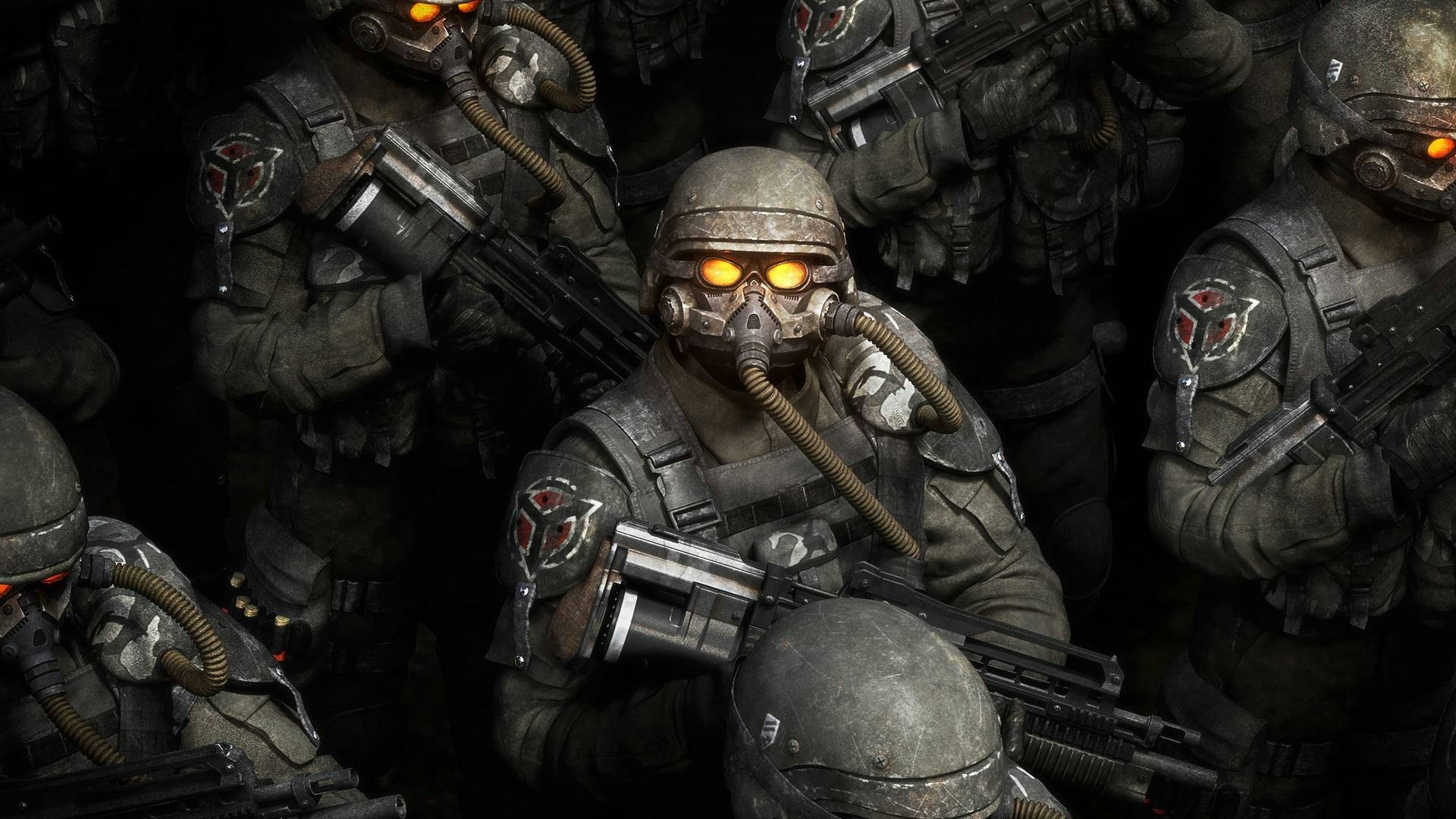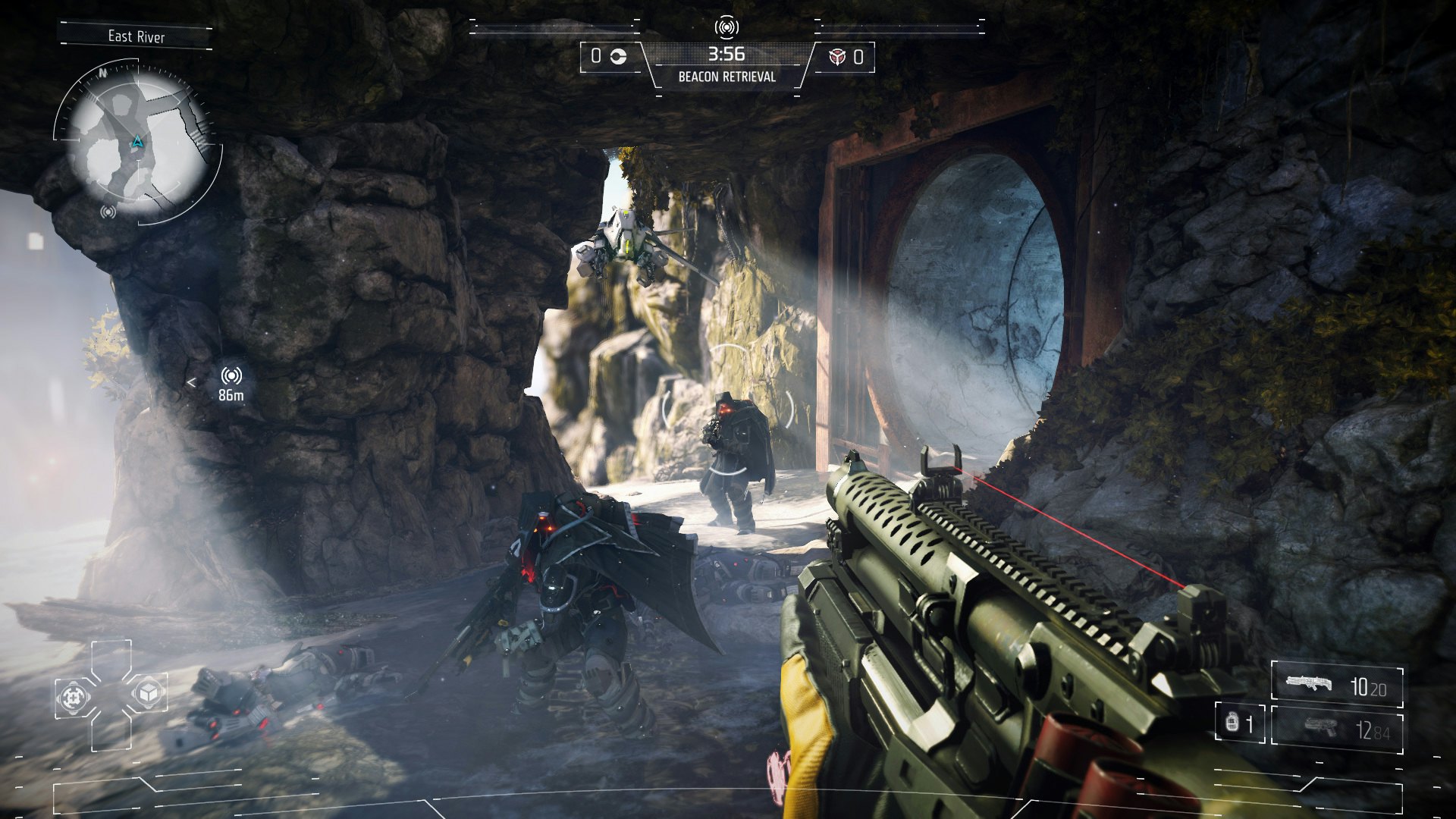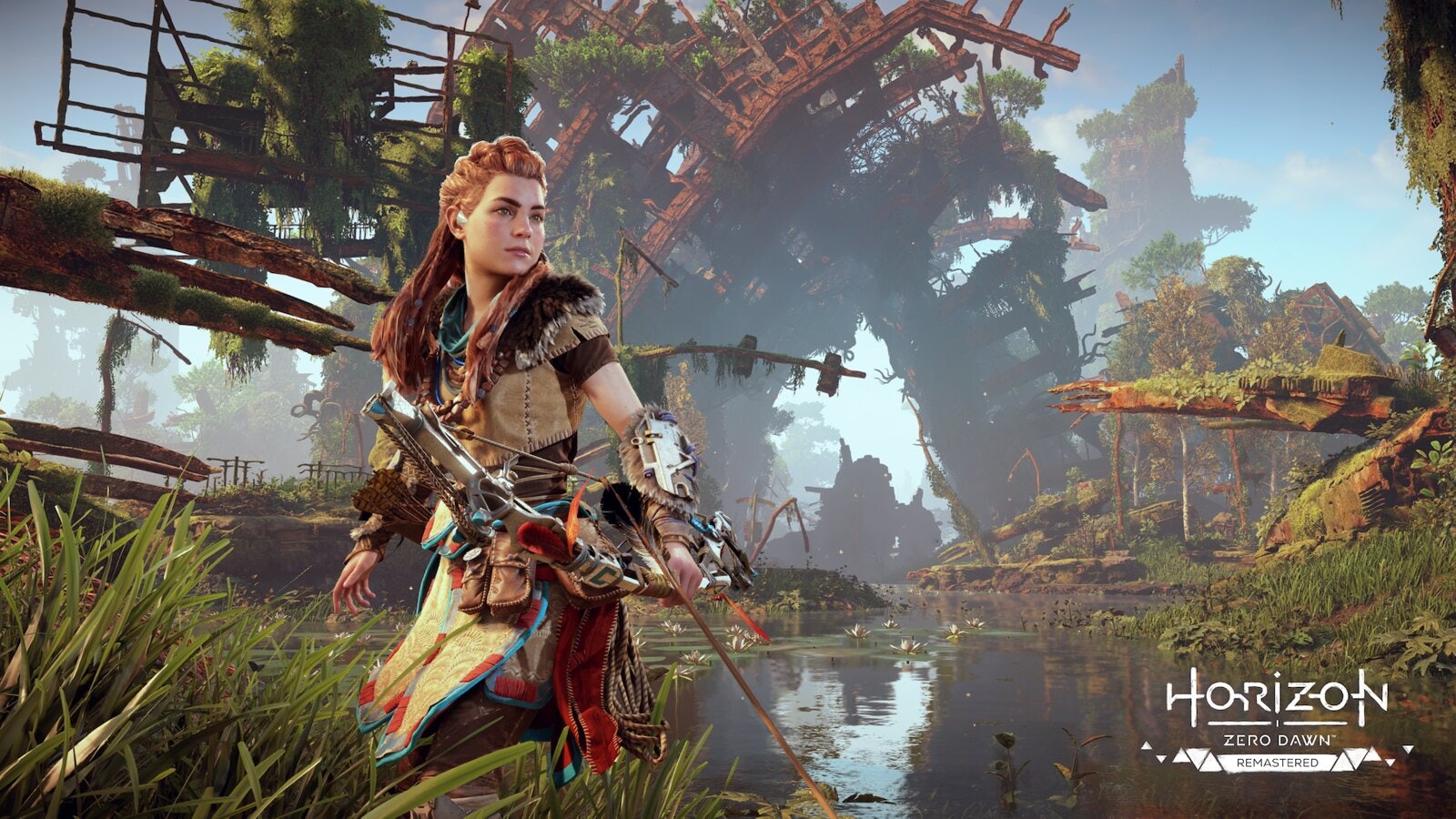
Guerilla Games, the developers behind the blockbuster Horizon games, is finished with the first-person shooter series that put them on the map. And while that might be disappointing for fans who wanted to see Guerilla return to their roots, it’s also a rare example of a developer leaving the past successes behind.
Guerilla Games art director Roy Postma, a 24-year veteran at the studio, told The Washington Post that the decision to pivot from Killzone's gritty and brooding world to something as vibrant as Horizon was a calculated move.
“We were done with it as a team,” Postma said. “As a studio, we needed to refresh the palette. It was, by choice, the opposite of Killzone.”

The Killzone games were set in a science fiction universe where humanity is locked in a galactic battle with a totalitarian faction known as the Helghan Empire. If the game’s title isn’t a dead giveaway, the Killzone series was often grim and self-serious. While all six games in the franchise did well critically, the series never quite shed the stigma of the first game being propped up as Sony’s version of Halo.
The series started in 2004 on the PlayStation 2 and ended with the PlayStation 4 launch title Killzone: Shadow Fall. Four years later, the first Horizon game was released. Though it still takes place in a post-apocalyptic future here on Earth, Horizon’s world is colorful and mostly optimistic.
Postma believes that optimism is key to Horizon’s appeal.
“The themes that [Horizon’s] story and the characters represent are relatable for all ages and people, like having a found family of friends and finding your place in the world,” Postma added.

For Killzone fans, Postma’s comments may hit like a gut punch. But Guerilla’s decision to leave the series behind for good because following up wouldn’t be creatively fulfilling for them is extremely admirable. The games industry often leans on big hits and sure successes. From a business standpoint, it makes sense. As games become more expensive to make, banking on proven, recognizable projects makes these big investments less risky. Efforts to reduce that risk, however, can also come at the detriment of the creatives behind the scenes.
The industry is better off when teams as large as Guerilla Games are practicing this kind of restraint and supported by publishers. Everyone was shocked last year when Larian Studios director Swen Vincke said the team would not be working on a sequel to Baldur’s Gate 3. Former Neversoft studio director Scott Pease told Inverse in September that he regrets backing away from a sequel to the 2005 underrated open-world western Gun, in favor of pursuing more games in the Tony Hawk Pro Skater series.
Despite critical acclaim, the Horizon series has its detractors. Its open-world design may feel a little dated to players burnt by the glut of Ubisoft-style open-world games released in the last decade. But knowing that Guerilla Games unabashedly wants to work on Horizon is very cool. When teams are working on games they’re passionate about, the results often speak for themselves. We as players would be lucky if more developers got to make stuff as freely as this.







